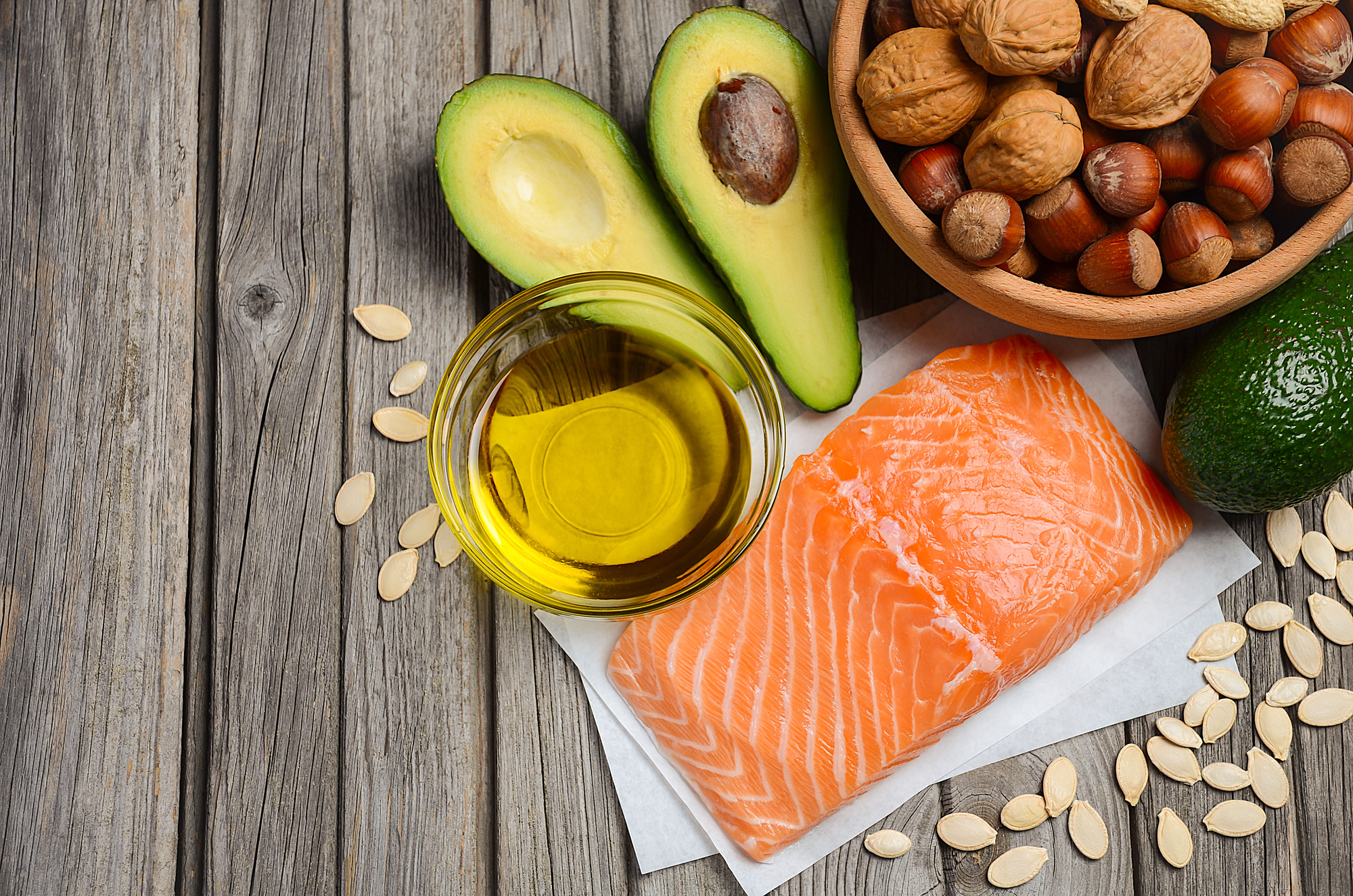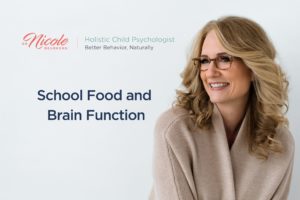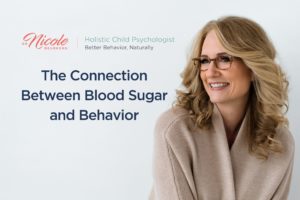Did you know that your brain is made of lots of fat? When the brain doesn’t have enough of the right kind of fats like Omega-3 (alpha linolenic) and Omega-6 (linoleic) fatty acids, it cannot develop and function optimally.
While most people don’t think about the connection between the brain and fat, the reality is that the human brain is structurally made up of fats that allow it to function properly and when we have enough of the right kinds of fat, our brain is able to grow and form strong cellular membranes that allow neurotransmitters to communicate throughout the brain so we can think, learn, communicate, and behave appropriately. Conversely, when there aren’t enough of these important fats available, the brain is not able to develop and function properly. This can lead to all kinds of problems, particularly in children and older adults. We should all be concerned about getting the right types of fats to support our brain health, but parents especially need to know why and how to use healthy fats to give their kids’ brains the best support possible.
What types of fats are important?
The human brain needs both Omega-3 (alpha linolenic) and Omega-6 (linoleic) fatty acids to help it grow and work properly. However, most children and adults consume a diet that has too many Omega-6 fats and not enough Omega-3 fats. Many processed packaged foods contain high amounts of Omega-6 fatty acids, and children often consume way more than is healthy for them. Omega-3 fatty acids are found in fatty cold-water fish such as salmon and tuna, eggs, walnuts, pumpkin seeds, and flax seeds. Eating too many Omega-6 rich foods and too few Omega-3 rich foods leads to an imbalance that can cause problems in the brain and the body. When the brain doesn’t have the higher levels of Omega-3 fatty acids it needs, including DHA, it cannot grow and function optimally.
What is DHA?
DHA is short for docosahexaenoic acid, and it is an omega-3 fatty acid necessary for brain development, eye health, and supporting many aspects of health throughout the body. For children, having appropriate levels of DHA is critical for proper brain growth and development. DHA is also important for eye health and function, as the retina of the eye contains a high amount of DHA fatty acid. We know that especially in developing children when the eyes function better the brain functions better.
DHA is found in high concentrations in human breast milk because the brain grows fastest during infancy and DHA is needed to support the brain’s physical growth and development. For infants not receiving breast milk, most formula companies add DHA to their products because it is needed during this period of rapid growth and development. Parents may also want to supplement with DHA drops specially formulated for infants.
What can happen if a child has low levels of DHA?
When children don’t get appropriate amounts of DHA many physical and mental health problems can occur. Research studies have shown that infants consuming low levels of DHA can have poor vision and brain development. There is also evidence that children with lower DHA levels may have more difficulties with academic learning, including reading and math, memory, and classroom behaviors. Reduced levels of DHA are also linked to mental health issues such as depression, disruptive and aggressive behavior, impulsivity and hyperactivity, poor focus, and anxiety.
Studies have shown that children with ADHD, autism, and other neurodevelopmental disorders may have low levels of DHA that contribute to their symptoms. Increasing DHA may help improve symptoms of these disorders, including learning impairments, inattention, hyperactivity, aggression, and other behavior problems. Increasing Omega-3 fatty acid levels, including DHA, is a common and important nutritional recommendation for children exhibiting symptoms of these disorders.
How can we increase DHA levels in children?
DHA levels can be improved by giving kids more Omega-3 rich foods, as well as through supplementation. Feeding children fatty cold-water fish, such as salmon or tuna, even twice a week can significantly improve DHA levels. There are many ways to help children develop a taste for fish, and continued exposure and encouragement is key for helping them develop this healthy habit that will support their health throughout their lives!
It is also helpful to increase a child’s DHA level with Omega-3 (fish oil) supplements. When looking at DHA supplements for children it is very important to consider only products that use the highest quality fish oils. Many fish oil supplements are sourced from poor quality fish that may be contaminated with mercury and other substances that have a negative impact on health. Only use products from companies that tell you about the sources of their oils.
What about the fishy taste?
The concern many parents have about fish oil supplements is that kids won’t take them due to fishy taste or smell, or oily texture. High-quality products have fewer issues with fishy taste and smell and utilize natural flavors and ingredients to make them easier to take. Avoid DHA supplements that use lots of added sugars, artificial sweeteners, dyes, or other chemicals to make them look or taste better. These ingredients are not health supportive, and the last thing we want is for our kids to be increasing their sugar intake from supplements!
Dosing Considerations
Dosing of DHA supplements can vary widely, and there is not yet a clear consensus about the exact amount that is most beneficial for children or adults. However, a common recommendation is that children age two and older take 500mg of DHA via fish oil supplements. Studies conducted on children with developmental, learning and mental health symptoms have shown that significantly higher doses may be helpful.
What You Should Do Next:
Sign up for my Better Behavior Naturally community newsletter
Sign up for my newsletter to get tips, resources, and supports to improve your child’s attention, anxiety, mood, and behavior…while making your job as a parent easier.
Enroll in one of my workshops
Check out one of my many workshops where you’ll join my exclusive community of parents in a one-of-a-kind virtual resource accessible 24/7. Whether you’ve got a child with a diagnosis like autism or ADHD, or are becoming more and more frustrated with a child who struggles to listen and cope, these workshops are designed to give you the information, tools, and support you need…whenever you need it.








